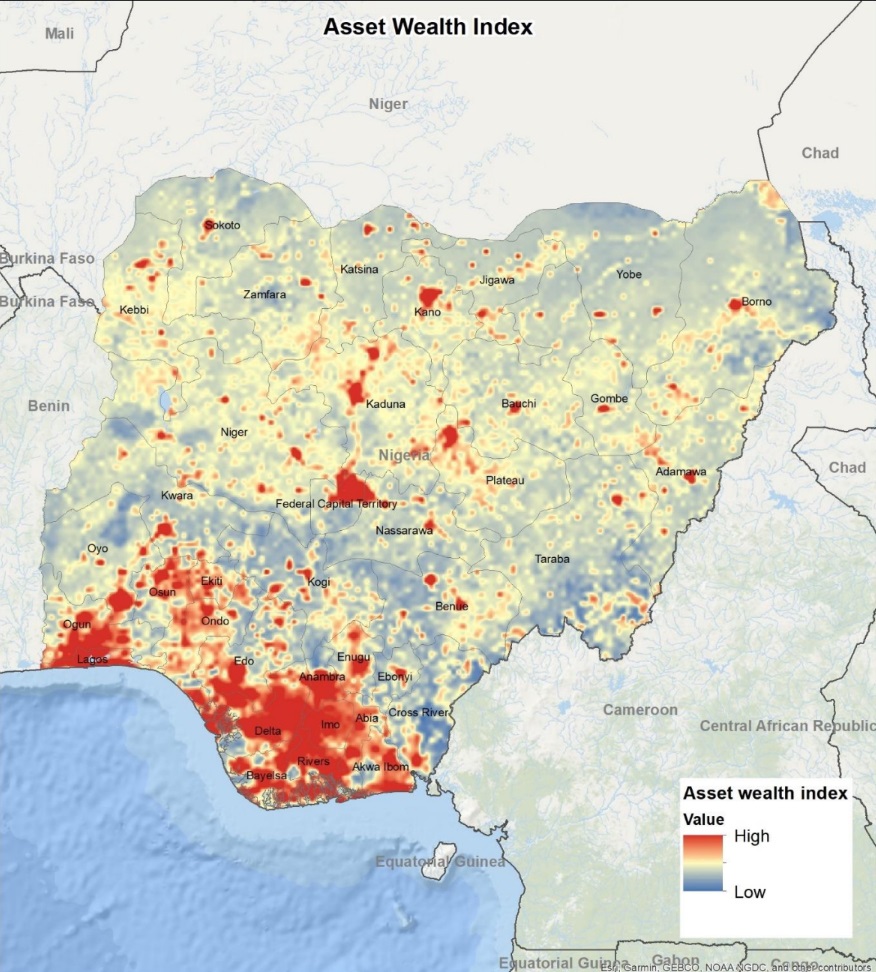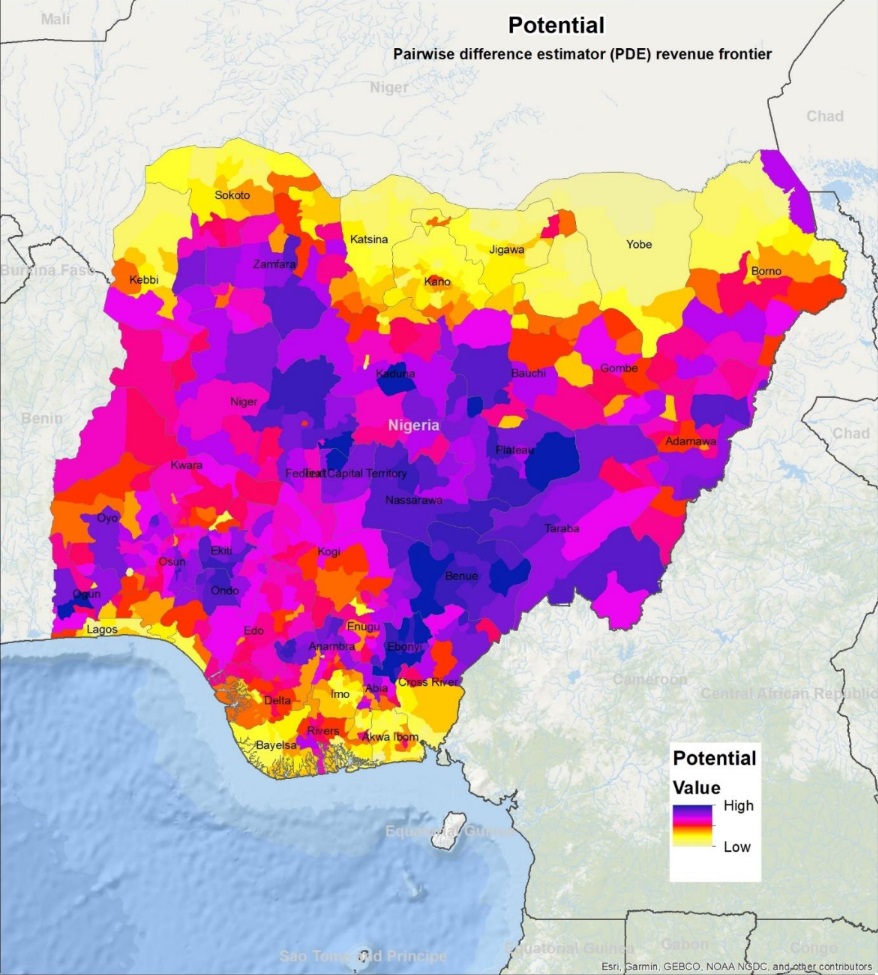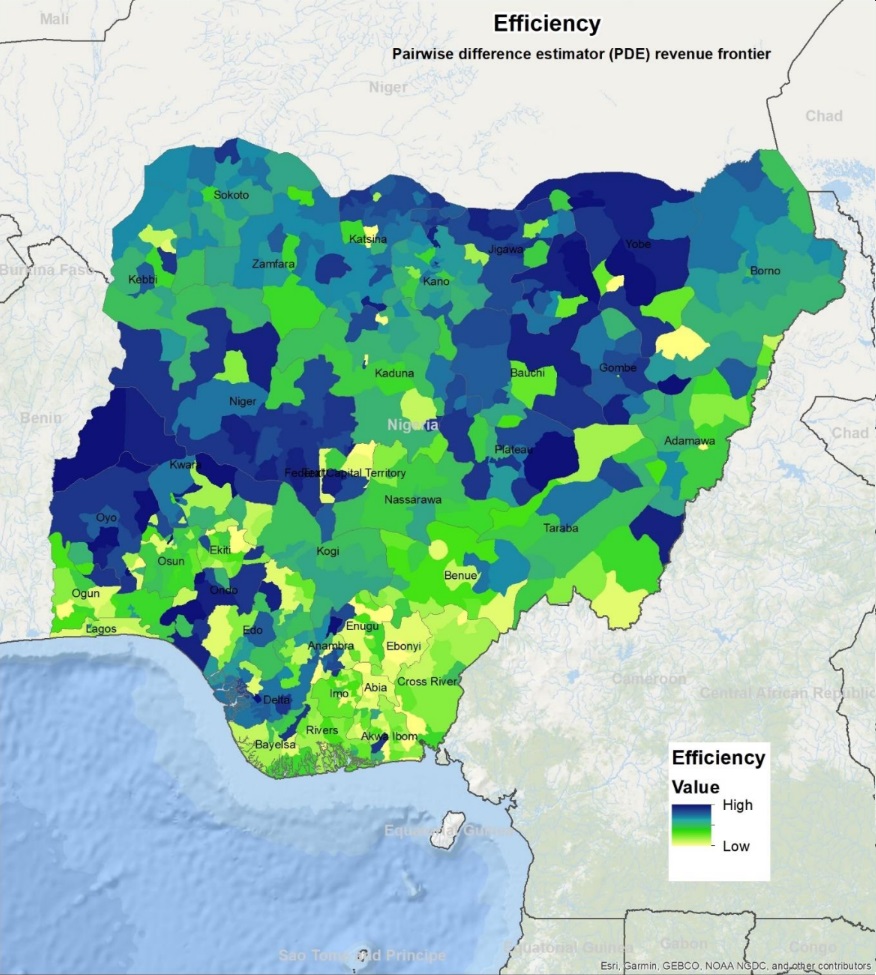Nigeria Investment Proposal
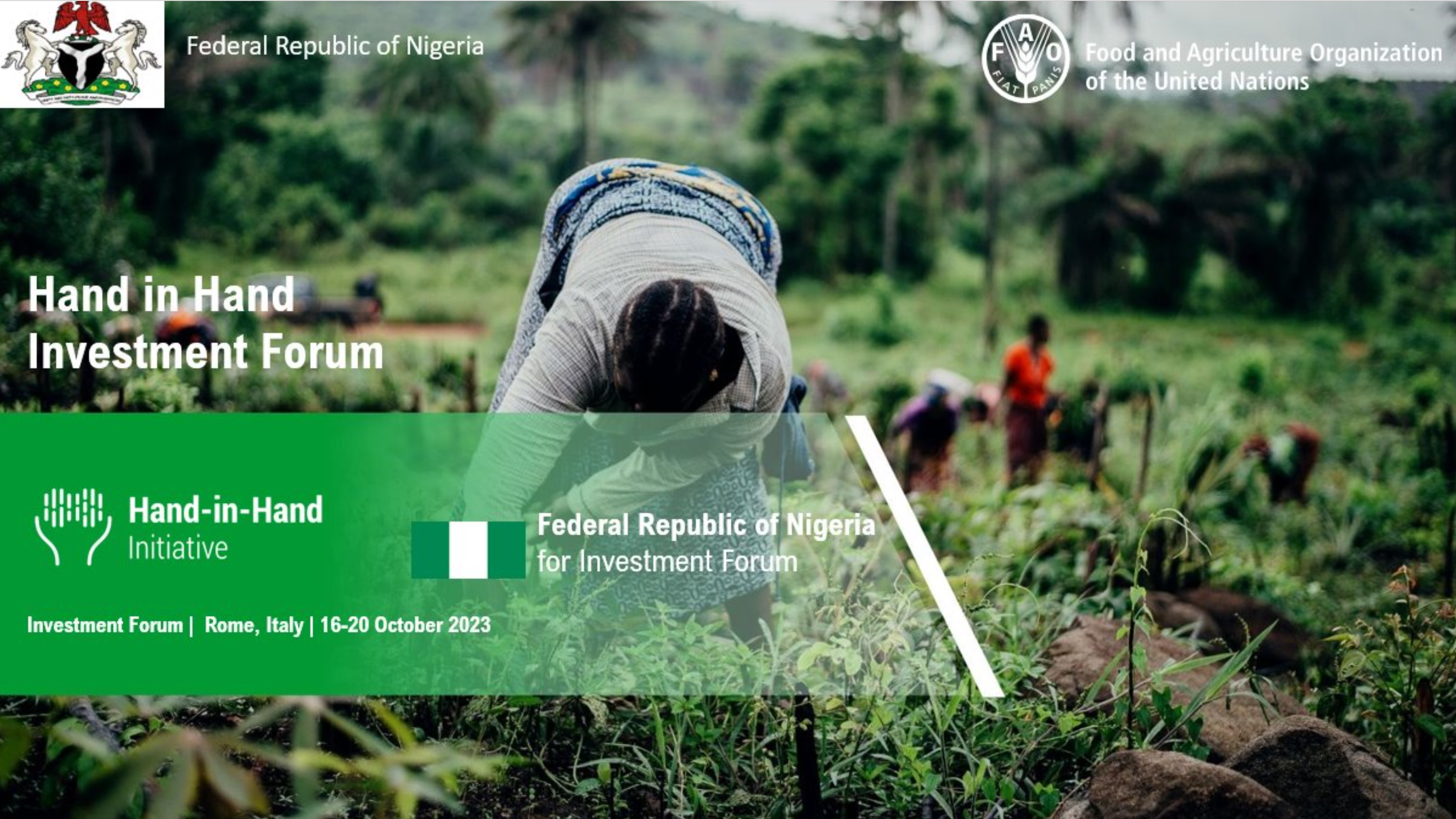 |
Nigeria Investment Plans and Opportunities |

The Proposal
The livelihood resilience pillar has as main objective to create, sustain, and improve livelihoods to withstand shocks in focus areas, leading to improved sustainable access to food, diversification of earnings, and promotion of climate smart agriculture. This track will support programme investment plans in territories facing emergency threats and shocks, more specifically in six states: Katsina, Borno, Niger, Cross River, Ebonyi, and Oyo.
.jpg?sfvrsn=2159b0ce_1)
.jpg?sfvrsn=d366acd9_1)
.jpg?sfvrsn=d8cb7175_1)
Total Investment | 0.0 Million USD |
IRR Value | 0.0% |
NPV Value | 0.0 Million USD |
Direct Beneficiaries | 0,0 |
Indirect Beneficiaries | 0,0 |
Total Beneficiaries | 0,0 |
Per capita income increase | 0 USD/year |
ExACT TOOL | 000 |
Total Investment | 0.0 Million USD |
IRR Value | 0.0% |
NPV Value | 0.0 Million USD |
Direct Beneficiaries | 0,0 |
Indirect Beneficiaries | 0,0 |
Total Beneficiaries | 0,0 |
Per capita income increase | 0 USD/year |
ExACT TOOL | 000 |
Total Investment | 0.0 Million USD |
IRR Value | 0.0% |
NPV Value | 0.0 Million USD |
Direct Beneficiaries | 0,0 |
Indirect Beneficiaries | 0,0 |
Total Beneficiaries | 0,0 |
Per capita income increase | 0 USD/year |
ExACT TOOL | 000 |
Nigeria Typologies
Poverty
Potential
Efficiency
Click on individual maps to get detailed view on FAO GIS platform
Agro-informatics connects information technology with the management, analysis and application of agricultural data to design more accurate and targeted agricultural interventions. The use of new technologies and techniques in agriculture, such as satellite imagery, remote sensing, and geographic information systems, enable the transformation of data into actionable information.
Government of Nigeria: Investment cases in Nigeria
Nigeria Investment Cases and Interventions
The value chain development pillar is aiming to achieve sustainable enabling infrastructure, environment and market accessibility for the production and commercialization, focusing on agricultural produce in target locations within the country. This track prioritizes three main commodities, cassava, tomato and maize, and targets on states with high agricultural potential and poverty: Kano, Ogun, Anambra, Rivers, Bauchi, Kwara and Kaduna.
| Cassava00.0 Million USD00.0 Million Beneficiaries |
Investments in the cassava value chain add up to 382 million USD, aiming to benefit 207 thousand hectares and more than 45 thousand beneficiaries by supporting access to finance, installation of processing units, establishment of centres for agricultural inputs, and support clusters for small producers. The IRR is 15% with a net present value of 188 million USD.
Nigeria is the largest producer of maize in Africa, where about 25% of production is processed into flour, oil, and animal feed. The sector phases challenges related to Inadequate access to improved seeds and inputs, post-harvest losses, and limited value addition
| Maize0.0 Million USD0.0 Million Beneficiaries |
Investments in the maize value chain add up to 1 billion USD, aiming to benefit 1 million hectares and more than 2 million beneficiaries by supporting capacity building, installation of processing units, establishment of centres for agricultural inputs, and support research centres. The IRR is 18% with a net present value of 75 million USD.
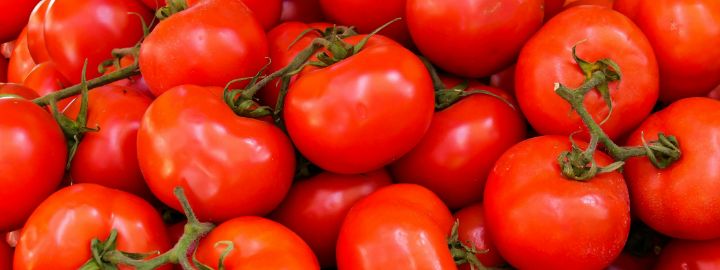 | Tomato0.00 Million USD0.0 Million Beneficiaries |
Investments for the Tomato value chain add up to 869 million USD, aiming to benefit 72 thousand hectares and more than 36 thousand beneficiaries by supporting access to inputs and technology, installation of processing unit plants, establishment of multiplication centres, and R&D development. The IRR is 12.5% with a net present value of 171 million USD.

National Investment Forum 2024The agriculture sector is a catalyst to reimagine and design a food system that prioritizes wellbeing and ecological stability. This endeavor requires bold investments, accelerated scientific innovations, and a renewed commitment to building a world free of hunger, strife, and poverty. Read more... |  |
| |||
.jpg?sfvrsn=7b45d9a6_1)


